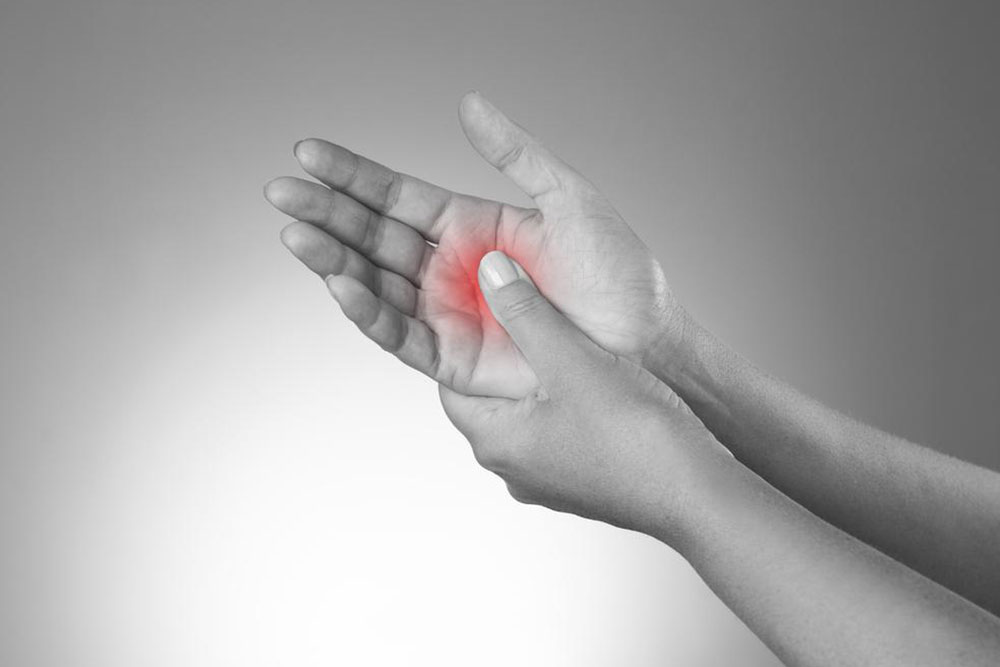Treatment options for Dupuytrens disease
Dupuytrens contracture is a condition which is caused due to excess collagen accumulating in the palm of your hand. The excessive collagen leads to nodules (tender muscle lumps) and strands of muscle tissue being formed. This tissue formation leads to curling of your fingers inward, which can be a chronic condition.
There is no known or specific cause which might lead to this condition being developed. However, it has been established that Dupuytrens disease is a hereditary condition which increases your chances of developing symptoms,if any family member might have suffered from similar symptoms previously.
Treatment options are also limited when it comes to Dupuytrens disease being diagnosed.

Observation: It is imperative to understand the source of any condition since identifying a particular cause in some cases might not be possible. Observation will help determine the severity of the condition, after which viable alternatives can be explored. In medical terms, this approach is termed as “watchful waiting.”
Stretching exercises: The excess collagen accumulated limits hand movements. The condition is worsened after the fingers start curling in, making it difficult to perform simple day to day tasks.
Medication and injections: Medication as prescribed and the use of collagenase injection will help break down the hardened tissue from inside over time. Finger exercises will help force break this tissue accelerating the healing process and injections are recommended every alternate day for an effective course of treatment.
Minimally invasive procedure: Medical marvels are no surprises these days, with more and more effective and minimally invasive procedures being developed which are safe, inexpensive and easy to perform with comfortable recovery options. Needle aponeurotomy is such a procedure performed to provide relief from developing symptoms of Dupuytrens disease. The contractures in this procedure are severed using a needle instead of removing it completely through surgical treatments.
Surgery and salvage treatments: Surgery is the ultimate option. However, there are certain salvage treatments which are considered as the last alternative since they include procedures like joint fusion which sets the bone in a permanent state, an external fixation which helps the soft tissues stretch but can be quite painful and challenging to recover. Amputation is considered as the last option but has to be performed in certain challenging cases which is why these alternative methods are considered as the last resort.

